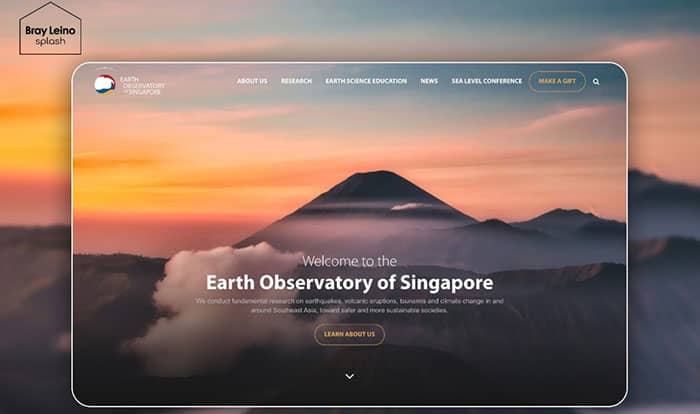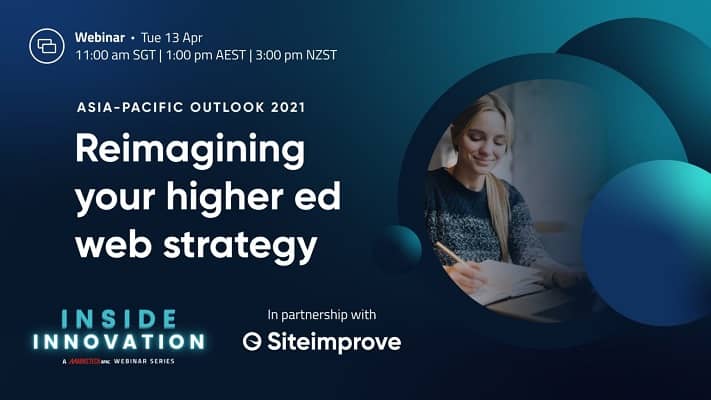Singapore – So Drama! Entertainment has unveiled a bold brand refresh, introducing a new logo, website, and brand film alongside the launch of a dedicated Creative Innovation division to drive its next phase of growth and creativity.
As part of its brand refresh, So Drama! has introduced a newly designed logo featuring a sideways exclamation point. The design reflects the energy and creativity of the entertainment industry while symbolising a spotlight and megaphone, representing the company’s focus on storytelling and engagement.
So Drama! has also updated its tagline to “What’s life without a little drama?” The rhetorical question reflects the company’s focus on storytelling and engagement, emphasising its role in capturing moments of joy, emotion, and discovery through creative content.
The media company also introduced a rebranded corporate website, designed to showcase its latest projects, talent, and capabilities. The updated site aims to provide a clearer view of the company’s work while reflecting its evolving identity and focus on content and storytelling.


So Drama!’s brand refresh extends across its key assets—CAMOKAKIS, 88.3JIA, POWER 98 LOVE SONGS, Music & Drama Company, and PIONEER—along with its talent, content creation, video production, and technology capabilities.
As part of its brand refresh, So Drama! has established the Creative Innovation department, led by newly hired deputy director Chris Leow, to enhance creative ideation and social engagement. Trevor Lim joins as team lead of Ideation Lab, overseeing creative development, while Anthony Kho takes on team lead of Virtual Production to strengthen virtual production efforts.
Wrapping it up, So Drama! has released its 2025 Brand Film, showcasing its approach to storytelling, technology, and production. Created in-house, the film brings together teams responsible for scripting, design, filming, editing, choreography, and virtual production.
The film incorporates past projects through dance choreography and concludes with a virtual preview of So Drama!’s upcoming home near ITE Central, set to open in 2027. Using its in-house soundstage and the ARRI ALEXA 35 camera, the team applied a virtual production workflow to enhance visual depth and efficiency.
Melvin Kuek, executive director of So Drama!, shared, “This brand refresh is a reflection of not only how far So Drama! has come, but also where we are headed. I am very proud of the fact that the entire brand film was done in-house, from production to talents to music. It shows off our capabilities as a multimedia agency and also represents our commitment to connect, engage, and inspire change as we create sticky content and grow exciting strategic partnerships for clients and country.”








